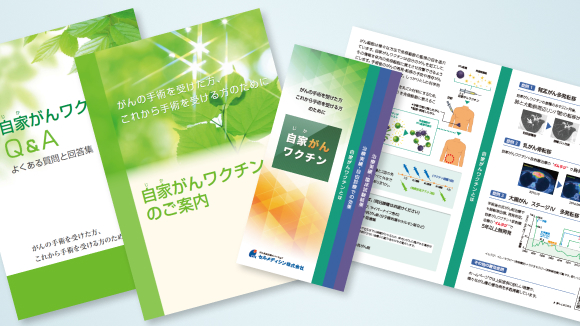Authors:Yoshihiro Muragaki1, Takashi Maruyama1, Hiroshi Iseki1, Kintomo Takakura1, Masahiko Tanaka1, Chie Shinohara1, Koji Tsuboi2, Tetsuya Yamamoto3, Akira Matsumura3, Masao Matsutani4, Katsuyuki Karasawa5, Tadao Ohno6, Tomokatsu Hori1
Affiliation:
1 Department of Neurosurgery, Tokyo Women's Medical University, 2 Proton Medical Research Center, University of Tsukuba, 3 Department of Neurosurgery, University of Tsukuba, 4 Saitama Medical University International Medical Center, 5 Department of Radiology, Tokyo Metropolitan Cancer and Infectious Diseases Center Komagome Hospital, 6 Advanced Research Institute for Science and Engineering, Waseda University
Introduction:
Autologous formalin-fixed tumor vaccine (AFTV) could induce killer lymphocytes in vivo and exhibited prophylactic effect against recurrence of hepatocellular carcinoma after the surgery in a randomized clinical trial. AFTV was combined with radiotherapy (RT) for primary glioblastoma (GBM) in a phase I/IIa trial.
Patients and Methods:
Adults after resection of GBM were treated with standard RT<br />
and AFTV. AFTV was prepared with fixed GBM fragments, PPD, and BCG suspended in saline. When the cumulative radiation dose reached 32-36 Gy, AFTV treatment was started and injected three times weekly. Second delayed type hypersensitivity tests (DTH2) were performed two weeks after third and last vaccination. The primary endpoint was overall survival (OS) and secondary endopoint was progression free survival (PFS).
Results:
Twenty-two eligible patients from two hospitals were accrued with a median follow-up time of 18.9 months (M). Median OS and PFS were 18 M and 7.6 M, respectively. OS and PFS of RT with AFTV were not significantly different from those of RT with Temozolomide in the same hospital. The patients whose DTH2 reaction was more than 12mm showed significantly longer OS and PFS than those with DTH2 reaction less than 12mm (OS: 22.5M v.s. 18M, PFS: 14M v.s. 7.5M,). There was no significant adverse event whose grade was more than grade 2.<br />
(Conclusion) Concomitant use of AFTV in the late stage of radiotherapy resulted in comparable median times of PFS and OS when compared to our historical controls of RT with Temozolomide without severe adverse events.
Meeting:
The 3rd Quadrennial Meeting of the World Federation of Neuro-Oncology, O028, 2009.5.12, Yokohama

























